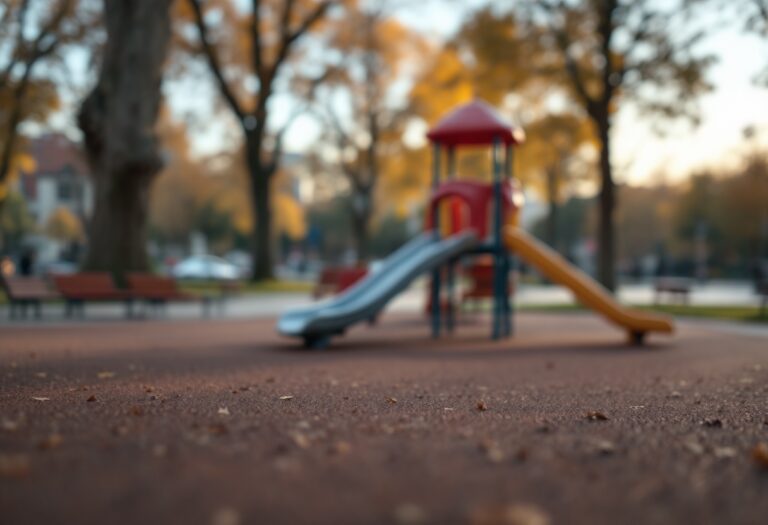Leading pediatricians urge legislative change to protect children's wellbeing.

Topics covered
In recent developments, leading child health professionals have united in advocating for a complete ban on smacking children in England. The Royal College of Paediatrics and Child Health (RCPCH) has emphasized that there is no evidence supporting any positive outcomes from such disciplinary actions.
Currently, while smacking is generally unlawful, it is permitted under the guise of “reasonable punishment,” a legal defense that the RCPCH seeks to abolish through proposed amendments to existing legislation.
Current legal landscape and proposed changes
The legal framework surrounding smacking varies across the UK.
In Scotland and Wales, corporal punishment is entirely banned, while in England and Northern Ireland, the “reasonable punishment” defense remains intact. This defense is enshrined in the Children Act of 2004, allowing parents to administer physical discipline, a practice that has been legally accepted since 1860. The RCPCH’s push for change comes as part of a broader movement to align England’s laws with those of its neighboring countries, which have already recognized the detrimental effects of physical punishment on child development.
Expert opinions and public sentiment
Professor Andrew Rowland, an officer for child protection at the RCPCH, stated, “Now is the time for this Victorian-era punishment to go.” He highlighted that 67 countries worldwide have already implemented bans on smacking, with an additional 20 nations planning to follow suit. Despite the government’s current stance, which indicates no immediate plans to alter the law, there is a growing consensus among health professionals and child welfare advocates that legislative change is necessary. Parents in various communities have expressed mixed feelings about government intervention, with some supporting a ban while others believe in parental autonomy regarding discipline.
Impact of physical punishment on child wellbeing
Research consistently shows that physical punishment can have harmful effects on children’s mental and emotional health. Studies indicate that children subjected to smacking are at a higher risk of developing issues such as depression, anxiety, and aggressive behavior. The tragic case of 10-year-old Sara Sharif, who was murdered following a prolonged period of abuse, has intensified calls for reform. Advocates argue that a complete ban on smacking would provide clearer guidelines for parents and authorities, eliminating any ambiguity regarding the legality of physical punishment.
Support from child protection organizations
Organizations like the National Society for the Prevention of Cruelty to Children (NSPCC) and Barnardo’s have voiced their support for the proposed amendment. Joanna Barrett from the NSPCC remarked that smacking is linked to various negative outcomes, including increased aggression and antisocial behavior. Lynn Perry, chief executive of Barnardo’s, emphasized that no form of violence against children is acceptable, advocating for stronger legal protections for minors. The collective push from these organizations underscores the urgent need for legislative change to safeguard children’s rights and wellbeing.




